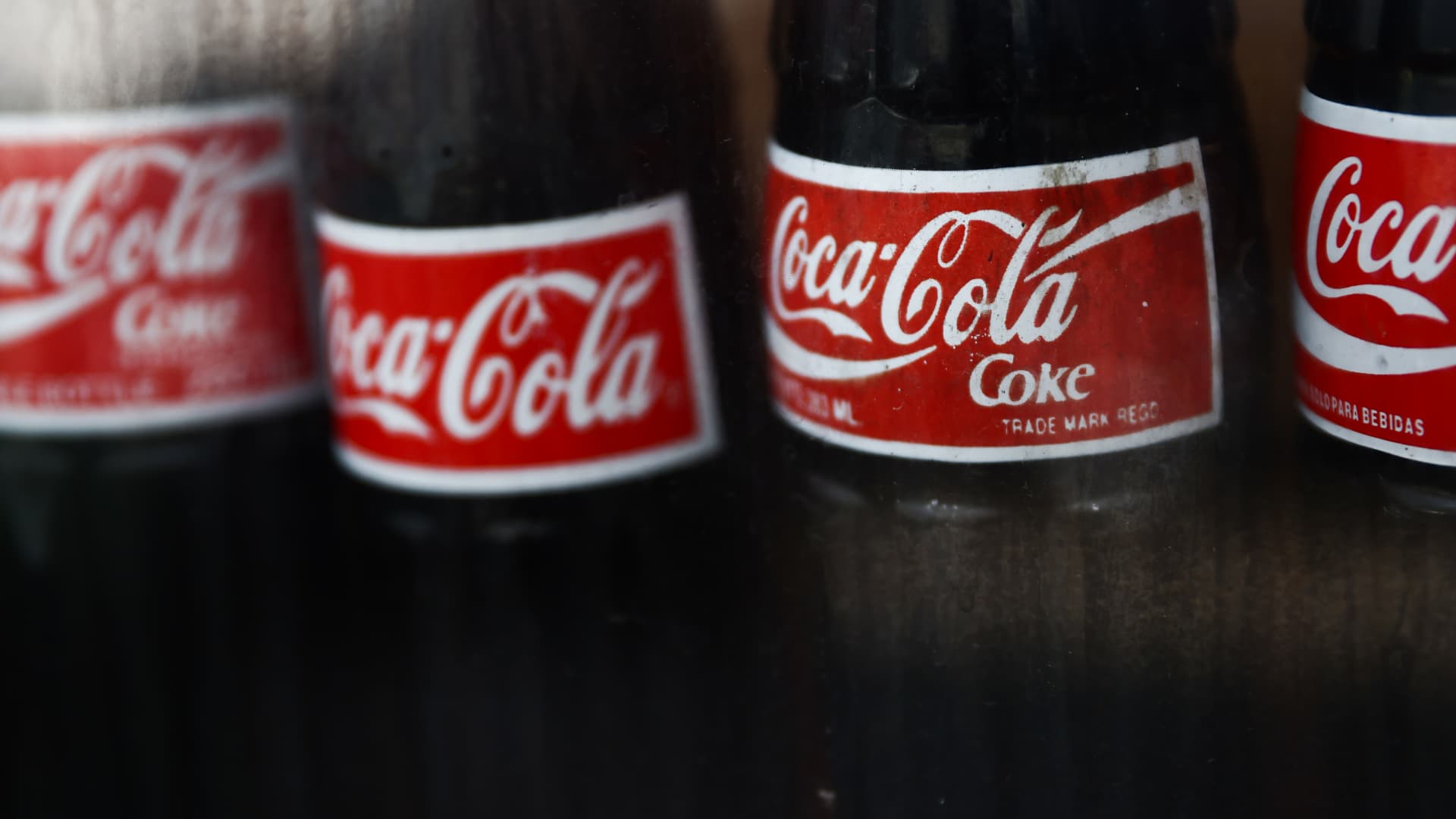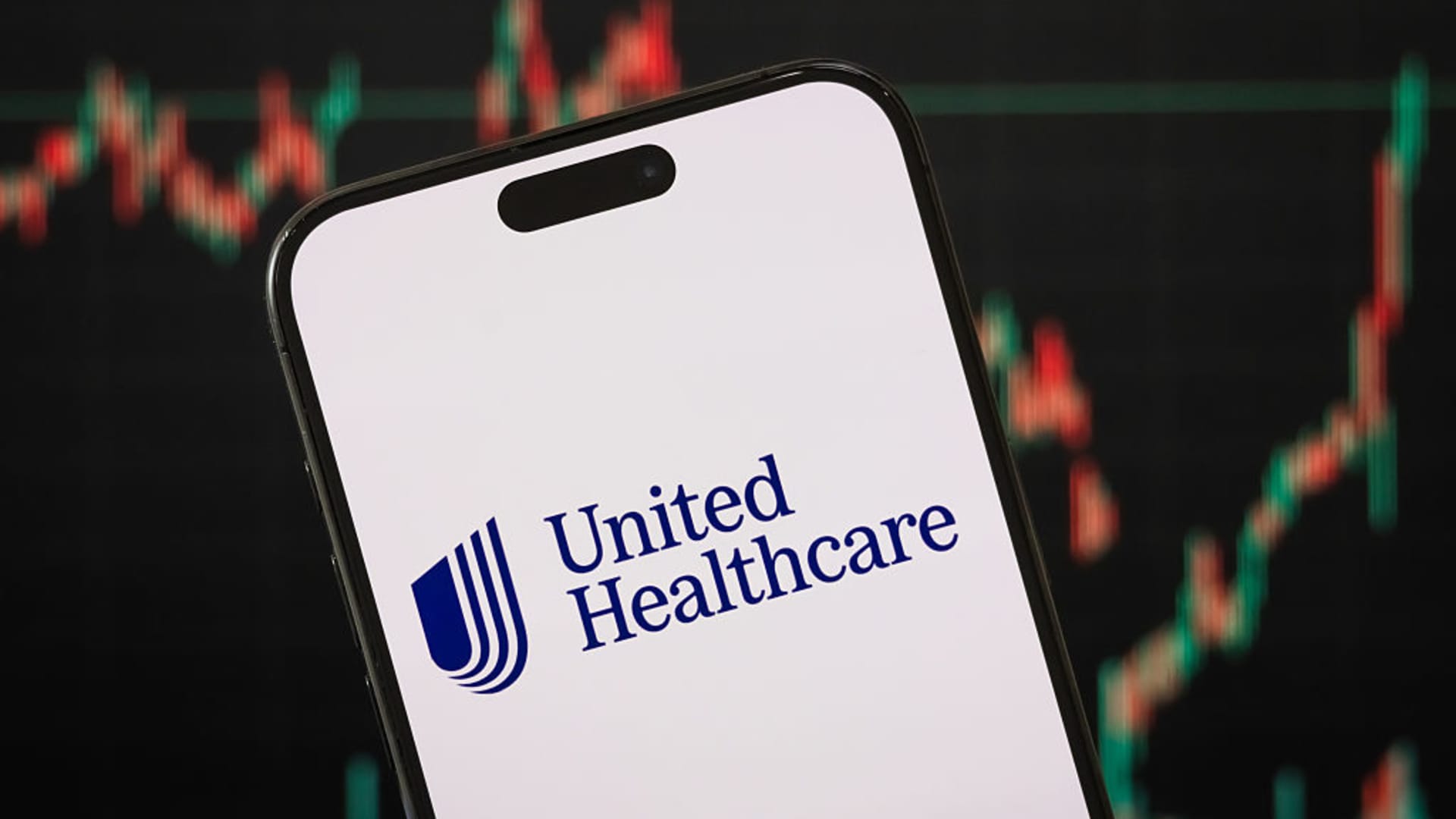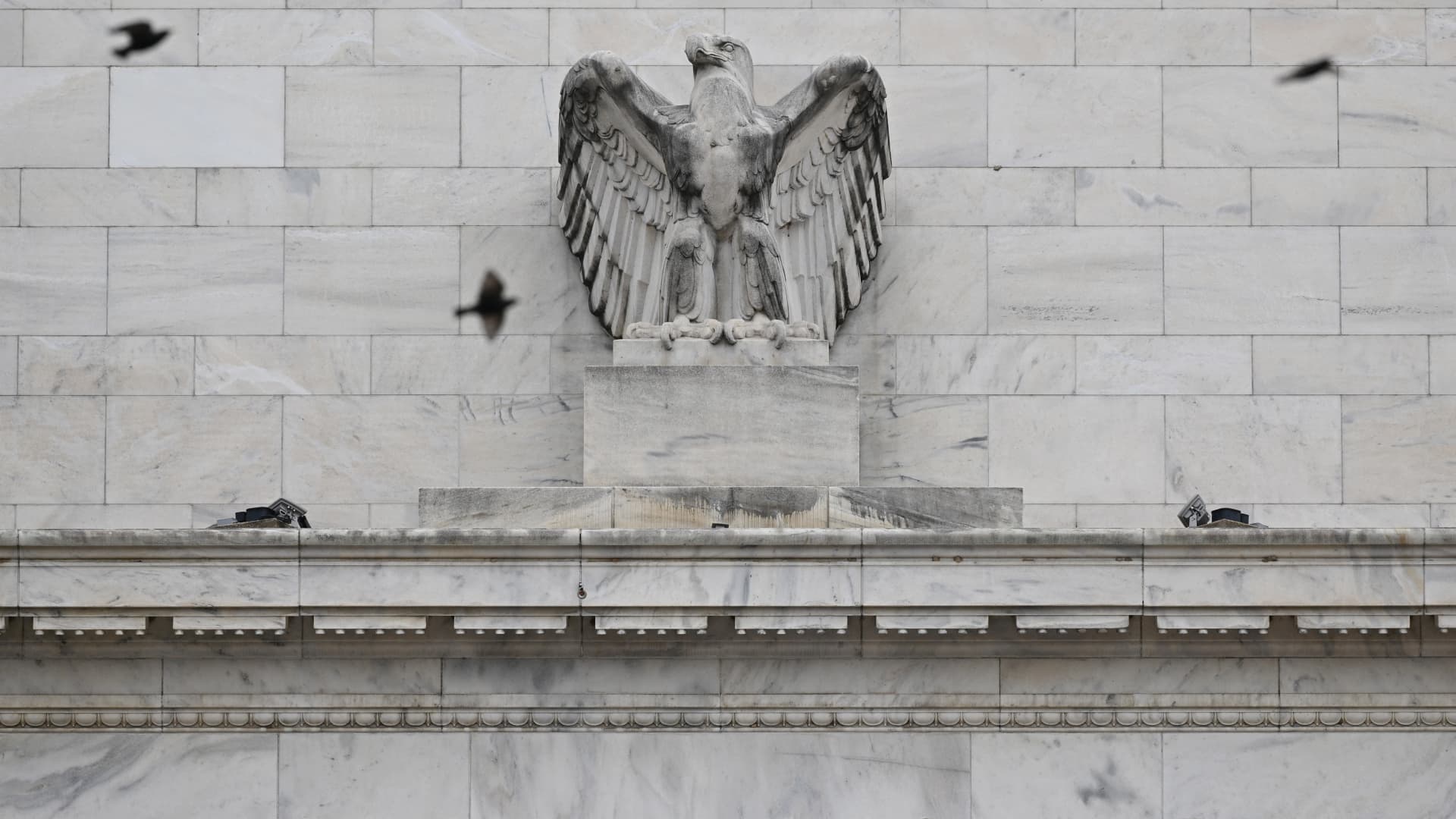Finance
BA, MCD, ENPH, KO and more
-

 Personal Finance1 week ago
Personal Finance1 week agoHow consumers prepare for an economic hit
-

 Personal Finance1 week ago
Personal Finance1 week agoReal estate and gold vs. stocks: Best long-term investment
-

 Economics1 week ago
Economics1 week agoAndrew Bailey on why UK-U.S. trade deal won’t end uncertainty
-

 Economics1 week ago
Economics1 week agoTrump knocks down a controversial pillar of civil-rights law
-

 Accounting1 week ago
Accounting1 week agoEssential Strategies for Maintaining Data Security in Modern Bookkeeping
-

 Economics1 week ago
Economics1 week agoHarvard has more problems than Donald Trump
-

 Finance1 week ago
Finance1 week agoAmerica failing its young investors, warns financial guru Ric Edelman
-

 Accounting1 week ago
Accounting1 week agoUS probes role of CrowdStrike bosses in Carahsoft deal










